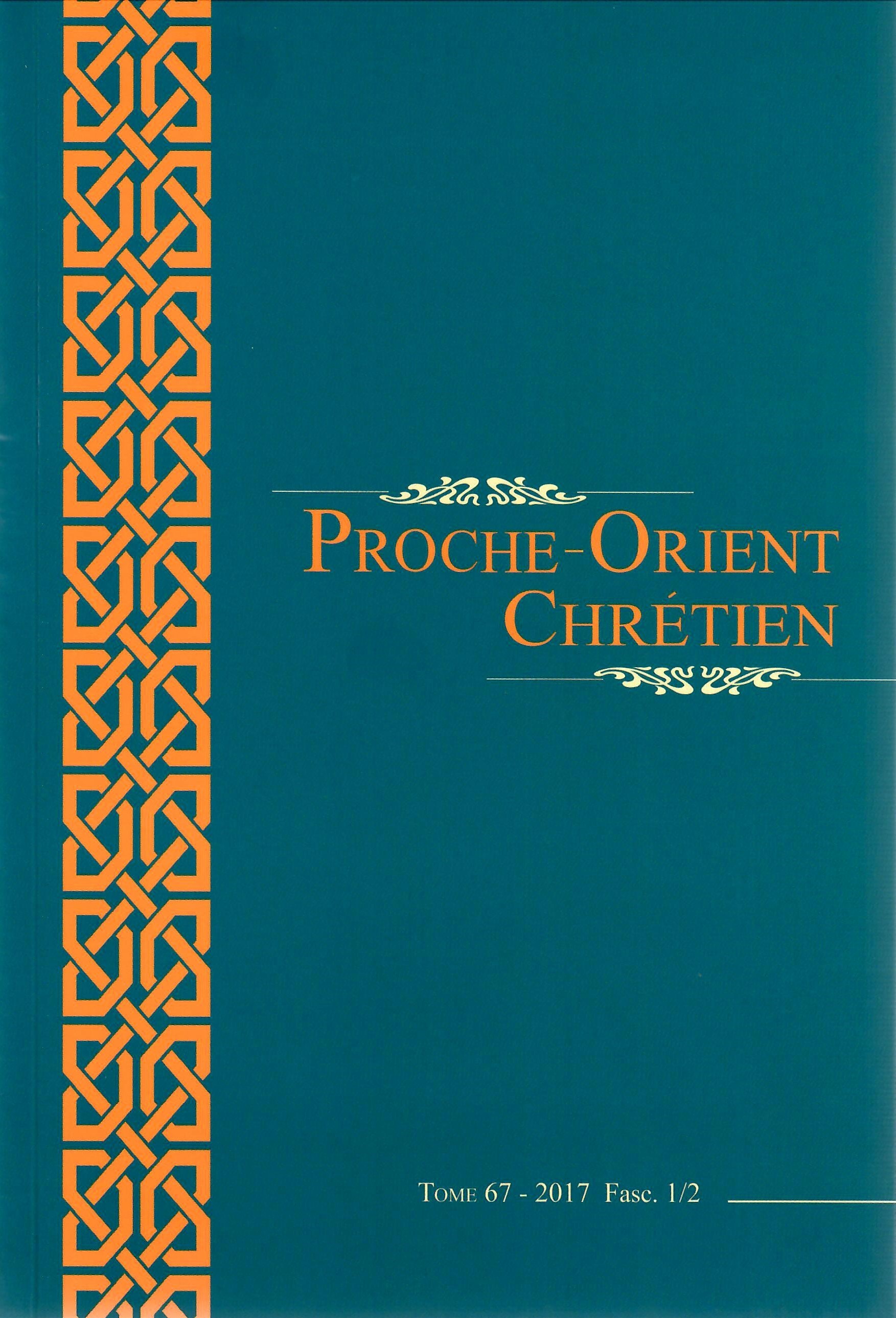Abstract
In the last part of his Dogmatic, Karl Barth develops a new theological method to reflect on the Doctrine of Trinity. His reasoning is predicated on the history of Jesus of Nazareth as narrated in the Gospels and then on the refusal of all speculative and philosophical discourse about God. It thus provides the Trinitarian language the possibility to take into consideration the passibility of God without denying its immutability. This leads to new theological elaborations concerning the relations between the three figures of the Trinity. Consequently, it offers a promising future for one of the most important and ancient doctrines of Christianity, and indirectly brings us closer to Eastern theological thought mainly on three points. First, the categorical refusal to use philosophy to express each and every discourse on God's being. Second, the primary importance of resurrection in the theological discourse. And, finally, the use of the notion of perichoresis to better summarize intra-trinitarian relations.

